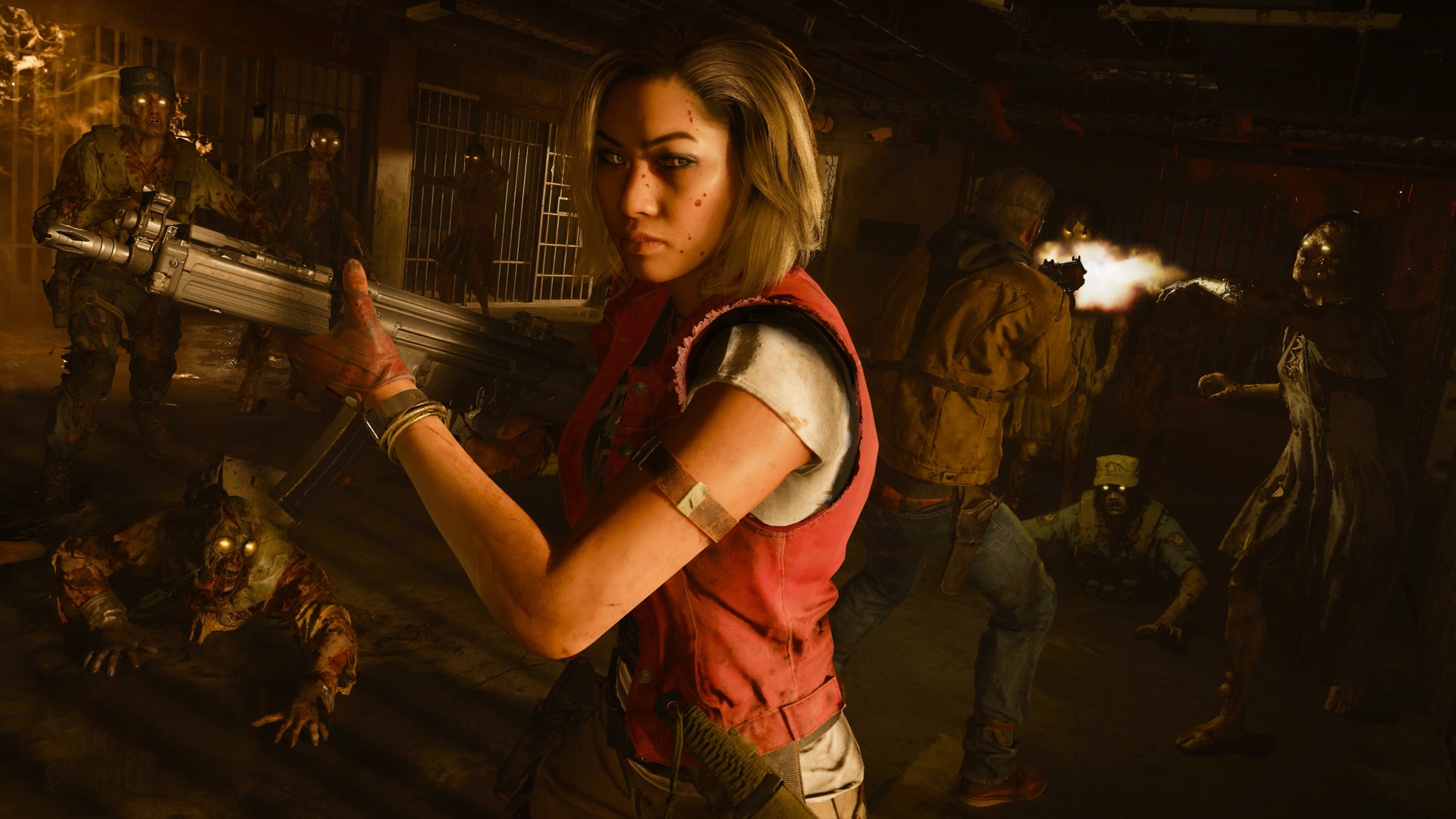- Published on
Call of Duty hacker says 'I had my fun' after reportedly getting thousands of Warzone and Modern Warfare 3 players falsely banned
A hacker known as Vizor exploited a flaw in Call of Duty's Ricochet anti-cheat system, falsely banning thousands of players by sending messages containing specific strings that the system was using to identify cheaters.

A hacker says they've got "thousands upon thousands" of innocent Call of Duty: Modern Warfare 3 and Warzone players banned using an exploit in the game's Ricochet anti-cheat system that's since been resolved.
Last month, Activision said it had found and fixed an exploit in Ricochet that resulted in the banning of "a small number of legitimate players," but a hacker going by Vizor told TechCrunch the number is a whole lot higher than that, and that they know because they're the one responsible.
"I could have done this for years and as long as I target random players and no one famous it would have gone without notice," said Vizor, who said it was "funny to abuse the exploit."
The method by which Vizor was getting Call of Duty players falsely banned sounds ludicrously simple, which is surprising given all the talk about how robust an anti-cheat system Ricochet is. According to Vizor, all they did was identify a list of hardcoded text that Ricochet was using to identify hackers and then message players with those unique "signatures." Bam, banned.
For example, Vizor said one of these signatures was "trigger bot," which is a cheat that automatically triggers a cheater's gun to fire when its crosshair goes over a target. Ricochet was scanning players' computers for that string of text, and so when Vizor would private message a player using that specific language, it would trigger an automatic ban.
"I realized that Ricochet anti-cheat was likely scanning players' devices for strings to determine who was a cheater or not," Vizor said. "This is fairly normal to do but scanning this much memory space with just an ASCII string and banning off of that is extremely prone to false positives," said Vizor.
"The same day I found this, I got myself banned by sending a whisper message on Call of Duty to myself with one of the strings in the message contents."
To maximize banning efficiency, Vizor said they developed a script that would program them to automatically join games, post messages with these trigger words, leave the game, and then rinse and repeat. Activision would occasionally add new signatures to Ricochet, and Vizor would dig through the code to find those and use them to continue getting players banned.
"I was most active with the trolling when [the] Ricochet anti-cheat team would add new string signatures," they said. "So if I check the [memory] region and see a new string, I will go crazy with it so they think they are detecting real cheaters."
Ultimately, a cheat developer called Zeebler, who had watched Vizor use the exploit to get players banned, provided a detailed overview of the exploit to Twitter, which is what tipped Activision off. "It was nice to see it get fixed and see unbans," said an apparently unfazed Vizor. "I had my fun."
Beat your enemies fair and square with our guide to the best assault rifles in Call of Duty: Black Ops 6.